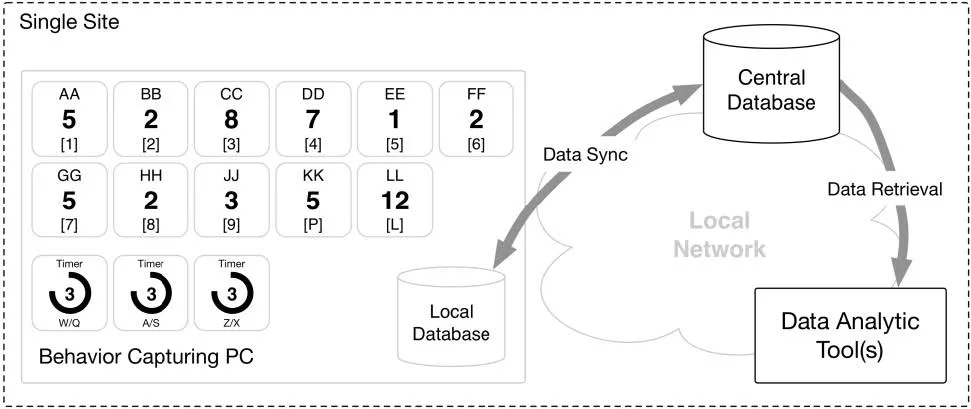
Dangerous, destructive, and disruptive behaviors are a more prevalent problem amongst individuals with autism spectrum disorder (ASD) than their…
PI
Nathan Call & Myung Choi
Publications
Nate Call, PhD., Joanna Lomas Mevers, PhD, Myung Choi, PhD, Steve Rushing
Research Area

